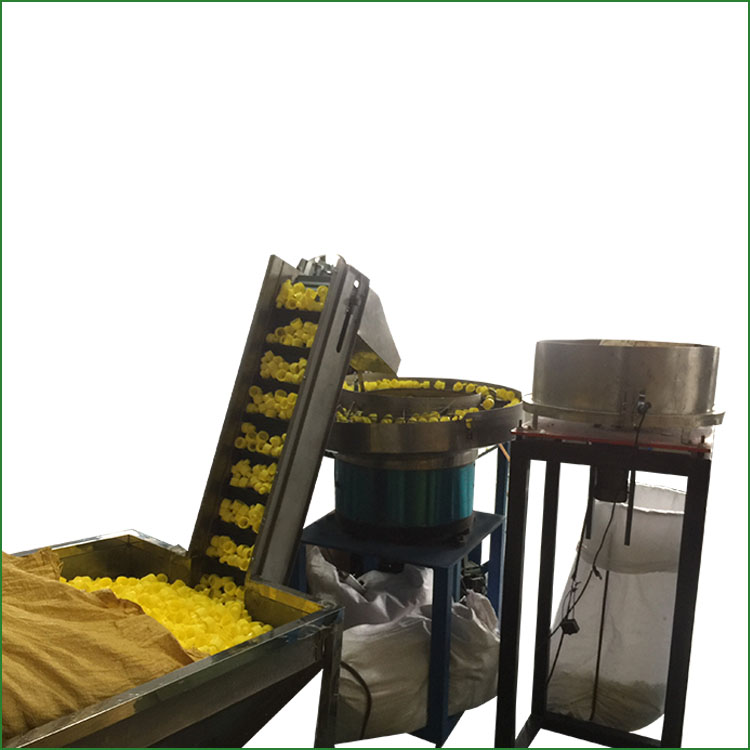Aspects associated with a plastic cap machine
2024-02-29
A "Plastic Cap Machine" typically refers to a manufacturing machine or production line designed for the production of plastic caps or lids. Plastic caps are widely used in various industries, including beverage packaging, food packaging, pharmaceuticals, and more. The machine is designed to mold, shape, and assemble plastic caps efficiently. Here are key aspects associated with a plastic cap machine:
1. Injection Molding:
- Plastic cap machines often utilize injection molding technology. Injection molding involves injecting molten plastic material into a mold cavity, allowing it to cool and solidify to form the desired cap shape.
2. Mold Design:
- The machine includes molds that are designed to create specific cap shapes and sizes. Mold design is crucial for achieving the desired product specifications.
3. Material Handling:
- The machine handles plastic raw materials, typically in the form of plastic pellets or granules. These materials are melted and injected into the molds.
4. Heating and Cooling Systems:
- Plastic cap machines incorporate heating elements to melt the plastic material, and cooling systems to ensure that the molded caps solidify properly before being ejected from the mold.
5. Automation:
- Many modern plastic cap machines are automated or semi-automated. Automation can include robotic systems for material handling, mold changes, and quality control.
6. Quality Control Systems:
- Quality control mechanisms are integrated into the machine to ensure that each molded plastic cap meets the required specifications. This may include checks for dimensions, weight, and visual defects.
7. Assembly and Printing:
- Some plastic cap machines may include additional stations for assembly and printing. For example, adding liners to caps or printing labels and logos on the caps.
8. Output and Throughput:
- The machine's output capacity, measured in terms of caps produced per unit of time, is an important consideration. High-throughput machines are desirable for large-scale production.
9. Energy Efficiency:
- Efficiency in energy consumption is a key aspect for manufacturing machines. Modern machines may incorporate energy-efficient features and technologies.
10. Size and Footprint:
- The physical size and footprint of the machine are essential considerations, especially in manufacturing facilities where space may be limited.
11. Customization:
- Some plastic cap machines may offer customization options, allowing manufacturers to produce caps with specific features, colors, or branding details.
12. Maintenance and Durability:
- The ease of maintenance and the durability of the machine are crucial factors for continuous and reliable operation.
13. Safety Features:
- Safety features, such as emergency stop mechanisms and protective enclosures, are essential for ensuring the well-being of operators and preventing accidents.
14. Integration with Production Line:
- In industrial settings, the plastic cap machine may need to integrate seamlessly with other machines and processes as part of a larger production line.
15. Regulatory Compliance:
- Compliance with industry standards and regulations for plastic products is essential. Machines should be designed to meet safety and quality standards.
Plastic cap machines play a vital role in the manufacturing process of various consumer goods, ensuring the production of quality plastic caps for packaging purposes. The specific features and capabilities of a plastic cap machine can vary based on the manufacturer and the intended application.



